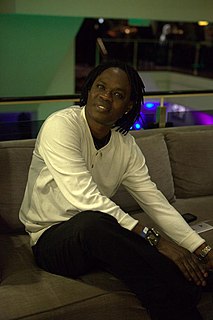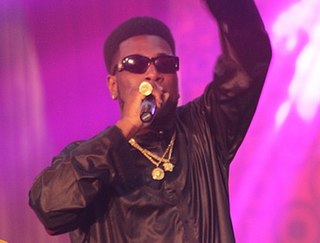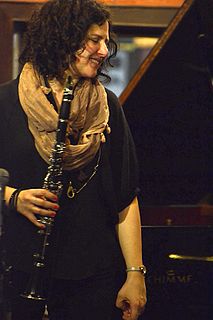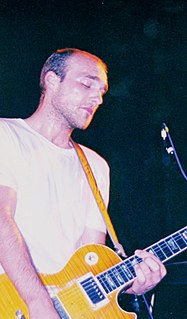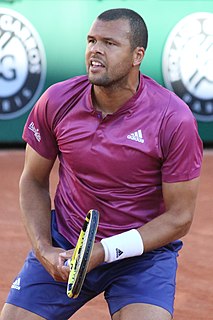A Quote by Stromae
Congolese rumba was so huge in Africa that everybody was inspired by it. But my African roots brought me this music. In every African family, parties in Brussels, we used to listen to this kind of music. And salsa music as well.
Related Quotes
I did not like that name "world music" in the beginning. I think that African music must get more respect than to be put in a ghetto like that. We have something to give to others. When you look to how African music is built, when you understand this kind of music, you can understand that a lot of all this modern music that you are hearing in the world has similarities to African music. It's like the origin of a lot of kinds of music.
I'm very much inspired by the Latin music, especially the romantic boleros. Not that when I sit to write a play I listen to boleros. But I think it's part of my DNA, it's part of my upbringing. I grew up in a house where this is the kind of music my parents used to listen to. This is the kind of music I would even hear in my neighborhood. I think that sort of romanticism is part of the culture.

